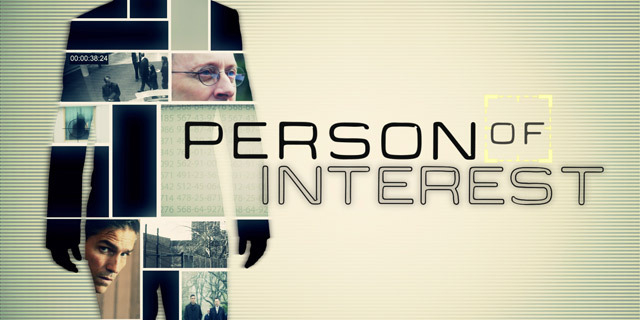When the shows creators were quizzed about the reveal of PRISM (IRL) they mentioned that they were surprised by the relative non-reaction of the general populace here in the US. Â The idea that citizens might not actually care all that much about the Govt. being able to play the ultimate peeping tom was not what they had expected. Â Within the show, however, they finally seem to have found their new footing.
See, there is this psychological barrier, this “djinni in a bottle” effect that we have with regards to technology and scientific effort. Â You often have several groups all pushing towards the same goal, be it the splitting of the atom, the development of wearable technologies, the creation of a shampoo that doesn’t sting when it gets in your eyes, and they can often run neck and neck when it comes to approaching the finish line. Â Oftentimes everyone hits a wall and the research just spins its wheels for a few years (or decades).
But eventually someone breaks through. Â Sometimes it’s a newcomer with deep pockets backing a new team (like Google with Glass) sometimes it’s a team that’s been working on solving the problem for years and a piece of new research or tech kicks them over into the winner’s circle. But in almost all cases, once that barrier has been broken, once one person or team has made the discovery, more follow, and usually swiftly.
But the tragic thing is that oftentimes, the group that makes the discovery, who breaks the barrier first is not the group that survives. Â They are not the ones who figure out how to use the technology, or turn it into a viable product. Â Sometimes they get crushed and bought up by a company that played it safer, or a group that came late to the party, sometimes the discovery sits idle for years.
In POI, that djinni is now well and truly out of the bottle.  Rather than trying to recruit Finch and his team, the Desima group has simply gone around, acquiring a parallel technology and preparing to crush (in a very literal fashion) any and all competitors.  We are looking at the difference in mindset between Finch (who proposed the Machine as a Shield, as a defensive tool) and Desima (who is interested only in the business of running the world).  Historically, IRL, the groups who are more business minded generally come out the winners.  I’m looking forward (perhaps apprehensively) to seeing how POI’s creators resolve this conflict in their own (already eerily predictive) created universe.
********
A last note, y’all may have noticed that I keep the comments closed on this blog. Â I am, however, always willing to talk about any of these posts, so come find me on G+ if you like. Â The blog is perpetually fighting SPAM posts (even with CAPTCHA and other safeguards in place) so I keep the comments closed.




